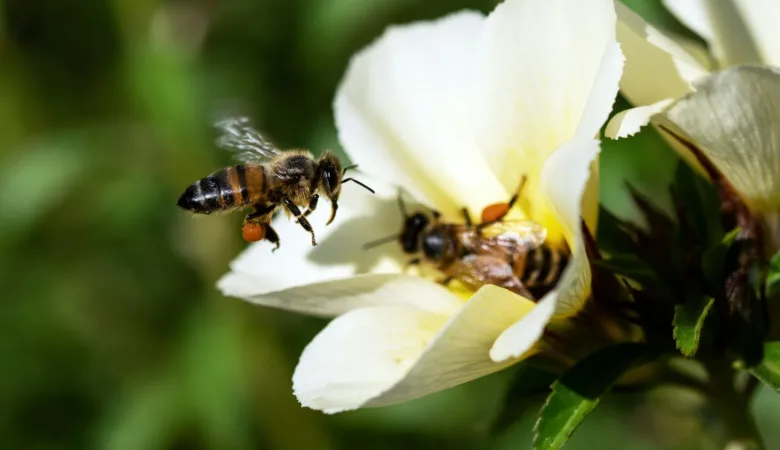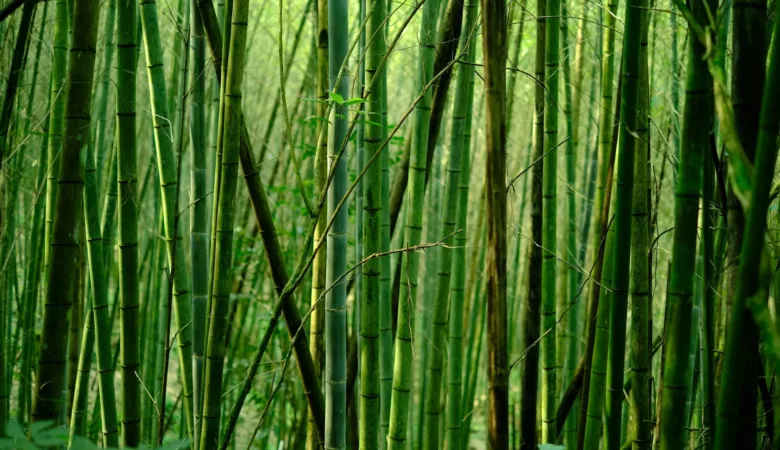Connecting with nature is an essential part of our well-being. In today’s fast-paced and technology-driven world, it is easy to become disconnected from the natural world around us. However, taking the time to connect with nature has numerous benefits for our mental, emotional, and physical health.
The Importance of Connecting with Nature
There are many reasons why connecting with nature is important. First and foremost, it allows us to disconnect from the stresses and pressures of daily life. Spending time in nature helps to reduce stress, anxiety, and depression. The sights, sounds, and smells of nature have a calming effect on our minds and bodies, helping us to relax and rejuvenate.
Additionally, connecting with nature can improve our physical health. Being outdoors and engaging in activities such as walking, hiking, or gardening can help to increase our physical activity levels. This, in turn, can lead to improved cardiovascular health, increased strength and flexibility, and a reduced risk of chronic diseases such as obesity and diabetes.
Furthermore, connecting with nature allows us to gain a greater appreciation for the world around us. When we take the time to observe and interact with nature, we become more aware of the intricate beauty and interconnectedness of the natural world. This can foster a sense of awe, wonder, and gratitude, leading to a more positive outlook on life.
Ways to Connect with Nature
There are many ways to connect with nature, regardless of where you live or your level of outdoor experience. Here are a few suggestions:
1. Take a Walk
One of the simplest ways to connect with nature is to take a walk. Whether it’s a stroll through a local park, a hike in the mountains, or a walk along the beach, getting outside and moving your body can help you feel more connected to the natural world.
2. Practice Mindfulness
Mindfulness is the practice of being fully present in the moment. When you practice mindfulness in nature, you can fully immerse yourself in the sights, sounds, and sensations of the natural world. Take the time to notice the colors of the leaves, the sound of the birds, and the feel of the breeze on your skin.
3. Start a Garden
Starting a garden, whether it’s a small herb garden on your windowsill or a larger vegetable garden in your backyard, can be a great way to connect with nature. Gardening allows you to get your hands dirty, interact with plants and soil, and witness the beauty of growth and transformation.
4. Go Camping
Camping is a wonderful way to immerse yourself in nature. Whether you prefer a rustic camping experience in the wilderness or a more comfortable camping trip in a designated campground, spending a night under the stars can help you feel a deep connection with the natural world.
5. Practice Nature Photography
If you enjoy photography, consider taking your camera outdoors and capturing the beauty of nature. Whether it’s the vibrant colors of a sunset, the delicate petals of a flower, or the majesty of a mountain range, nature provides endless opportunities for stunning photographs.
Conclusion
Connecting with nature is not just a luxury, but a necessity for our well-being. By taking the time to immerse ourselves in the natural world, we can reduce stress, improve our physical health, and gain a greater appreciation for the beauty and interconnectedness of the world around us. So, make it a priority to spend time in nature and reap the benefits it has to offer.













Leave a Reply